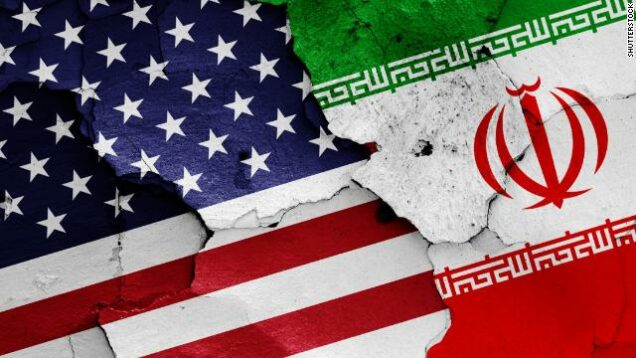DOHA, (Reuters) – A Qatari plane waited in Iran today to fly out five U.S. detainees in a swap for five Iranians held in the United States, thanks to a Doha-mediated deal that has also unfrozen $6 billion of Iranian funds.
Iran and the United States were told the funds had been transferred to accounts in Qatar, a source briefed on the matter told Reuters. That triggered an exchange sequence agreed after months of talks between the arch foes, who are at odds over Tehran’s nuclear ambitions and a host of other issues.
“A Qatari aircraft is on standby in Iran waiting to fly five soon-to-be released U.S. citizens and two relatives to Doha on Monday morning,” the source said.
Iran’s Foreign Ministry spokesperson Nasser Kanaani said the funds, blocked in South Korea after U.S. sanctions on Iran were hardened in 2018, would be available to Tehran on Monday. Under the deal, Qatar will ensure it is spent on humanitarian goods.
There was no immediate public U.S. comment.
The five Americans with dual nationality are expected to fly on from Doha to the United States. In return, five Iranians detained in the U.S. will be released.
The Iranian Foreign ministry spokesperson said two Iranians would return to Iran while two would stay in the U.S. at their request. One detainee would join his family in a third country, he added.
The deal will remove a major irritant between the U.S., which brands Tehran a state sponsor of terrorism, and Iran, which calls Washington the “Great Satan”.
But they remain deeply divided on other issues ranging from Iran’s nuclear programme and its influence around the region to U.S. sanctions and America’s military presence in the Gulf.
Qatar, a tiny but hugely wealthy Gulf Arab energy producer, has sought to raise its global profile, hosting the soccer World Cup last year and carving out a role in international diplomacy. The Sunni Muslim nation hosts a big U.S. military base but has also forged close ties with Shi’ite Muslim Iran.
Doha hosted at least eight rounds of talks with Iranian and U.S. negotiators sitting in separate hotels, speaking via shuttle diplomacy, a source previously told Reuters.
QATAR’S MONITORING ROLE
Under the agreement, Doha agreed to monitor how Iran spends the unfrozen funds to ensure the cash is spent on humanitarian goods, such as food and medicine, and not any items under U.S. sanctions.
The transfer of Iran’s funds has drawn criticism from U.S. Republicans who say Biden, a Democrat, is in effect paying a ransom for U.S. citizens. The White House has defended the deal.
The U.S. dual citizens to be released include Siamak Namazi, 51, and Emad Sharqi, 59, both businessmen, and Morad Tahbaz, 67, an environmentalist who also holds British nationality. They were released from prison and put under house arrest last month.
A fourth U.S. citizen was also released into house arrest, while a fifth was already under house arrest. Their identities have not been disclosed.
Iranian officials have named the five Iranians to be released by the U.S. as Mehrdad Moin-Ansari, Kambiz Attar-Kashani, Reza Sarhangpour-Kafrani, Amin Hassanzadeh and Kaveh Afrasiabi. Two Iranian officials previously said that Afrasiabi would remain in the United States but had not mentioned others.
Ties between Washington and Tehran have been boiling since Donald Trump, a Republican, pulled the U.S. out of a nuclear deal between Iran and global powers when he was president in 2018. Reaching another nuclear deal has gained little traction since, as President Joe Biden prepares for the 2024 U.S. election.
As a first step in the deal, Washington waived sanctions to allow the transfer of $6 billion in Iranian funds from South Korea to Qatar. The funds were blocked in South Korea, normally one of Iran’s largest oil customers, when Washington imposed





